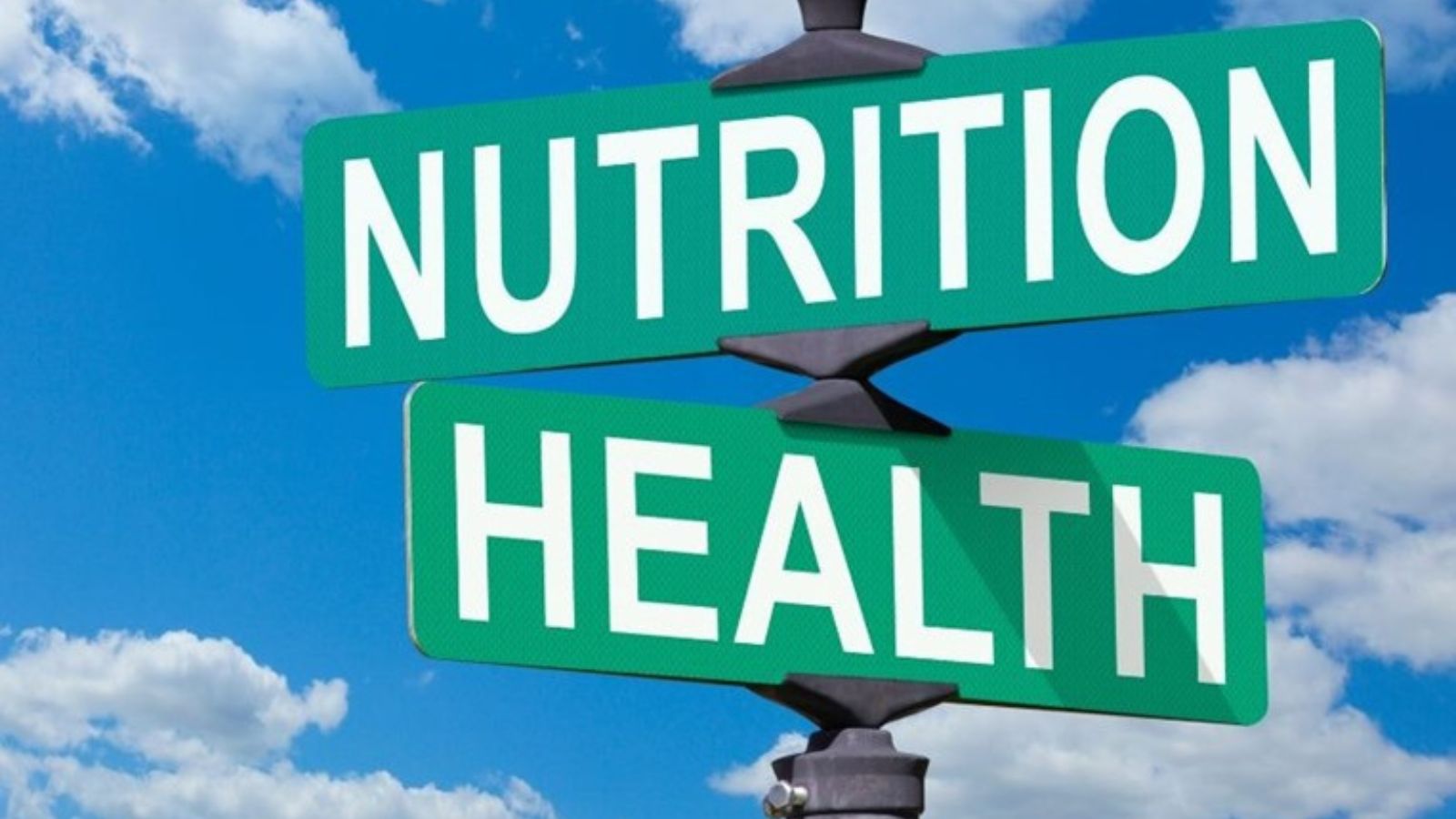Recovery from mental health disorders is not just about therapy or taking medication. It is about rebuilding the mind and the body. One of the most overlooked yet critical aspects is the role of nutrition in recovery. A proper nutritional plan goes a long way in supporting mental health. This is possible because it improves brain function, stabilizes blood sugar, and allows the body to heal more effectively. For recovering people with an addiction, what is on the plate is just as important as what is left behind.
The Role of Nutrition in Addiction Recovery
Many people entering addiction recovery suffer from poor nutrition as a result of poor eating habits, limited food access, or the physiological tolls of drug and alcohol abuse. Substances like alcohol, opioids, stimulants, and many other unhealthy substances that people ingest can deplete the body of essential nutrients, disrupt organ function, and impair the body’s ability to process vitamins and minerals. Alcohol use, in particular, is often associated with Vitamin D deficiency, electrolyte imbalances, and liver diseases.
Focusing on nutrition in recovery becomes vital as the recovery process begins. Good food choices fuel the brain, reduce withdrawal symptoms, and improve emotional stability. A balanced diet supports the immune system, increases the body’s energy, and can even help reduce cravings.
How Poor Eating Habits Affect Mental Health
Poor nutrition and long-term substance abuse often go hand in hand, and both can significantly impact mental health. Many individuals struggling with addiction also experience disordered eating patterns, weight loss, or weight gain, depending on the substance used. These unhealthy habits can further harm emotional well-being, increasing the risk of anxiety, depression, and mood instability.
A diet lacking essential nutrients and vitamins deprives the brain and nervous system of what they need to function properly. Over time, this nutritional deficiency can intensify psychological symptoms and hinder the recovery process.
Nutrition plays a very crucial role when it comes to mental clarity and addiction recovery. It helps individuals think clearly and make healthier decisions. When blood sugar is unstable due to skipped meals or sugary diets, it leads to fatigue, irritability, and emotional instability.
The Healing Power of Proper Nutrition

A healthy diet provides the building blocks for neurotransmitters like dopamine and serotonin, which are essential for mood regulation. Amino acids from protein-rich food help rebuild these neurotransmitters. On the other hand, complex carbohydrates and whole grains are critical for stabilizing blood sugar and providing sustained energy.
Here are some of the nutritional components that aid in recovery and enhance the body’s overall mental health:
- Protein-Rich Food: Lean proteins like meat, eggs, beans, and tofu provide amino acids that are necessary for brain function as well as muscle repair. These foods also promote satiety, reducing the binge or snacking on unhealthy options.
- Complex Carbohydrates: Unlike simple sugars, complex carbs in whole grains, oats, and brown rice release glucose slowly. This keeps the blood sugar levels stable. It also helps maintain mood and ensures that one has consistent energy.
- Healthy Fats: Healthy fats such as avocados, nuts, seeds, and olive oil are essential in promoting brain and immune function. These fats help the body absorb vitamins and minerals, regulate hormones, and improve focus and cognition.
- Fruits and Vegetables: Leafy greens, berries, carrots, and cruciferous vegetables(like broccoli and cauliflower) are rich in vitamin C, B vitamins, antioxidants, and fiber. These nutrients help combat oxidative stress caused by chronic substance use and support the body’s natural healing process.
- Regular Meals and Snacks: Eating balanced meals and regular meals keeps metabolism and mood stable. This consistency is needed in building new, healthy eating habits. This is a critical component when it comes to the overall recovery process.
Nutrient Deficiencies Common in Recovering Addicts
People recovering from drug and alcohol addiction often face nutrient deficiencies, which include.
- Vitamin C: This is essential for immune health and tissue repair
- B Vitamins: This is crucial for energy, mood, and brain function
- Magnesium and zinc: These help support nerve and muscle function.
- Vitamin D: Important for bone health and mental well-being
Addressing these common deficiencies through food or mineral supplements is essential for adequate nutrition support during recovery.
How to Build a Nutritional Plan for Recovery
Creating a nutritional plan for recovery nutrition does not require a complete overhaul overnight. Instead, it is about making incremental changes towards healthy meals and balanced nutrition. You need to consider the following:
- Choose foods that are rich in essential nutrients and fiber.
- Eat balanced meals with protein, complex carbohydrates, and healthy fats.
- Stay hydrated and avoid caffeine or sugary drinks that might spike blood sugar.
- Add whole grains or legumes to support digestive health and energy.
- Consult with a registered dietitian who is familiar with substance use disorders.
Meal planning is also something that might help avoid triggering foods that lead to cravings or mimic the emotional highs that are commonly associated with addictive substances.

Mindful Eating as a Tool for Healing
Mindful eating entails paying full attention to the whole experience of eating. Here, you can savor the texture, taste, and aroma of food. It helps create new relationships with food and reinforces healthy eating habits. By slowing down and tuning the body into its hunger and fullness signals, individuals in recovery can reconnect with what their body needs.
This supports emotional healing, helps nurture mental well-being, and promotes self-awareness and emotional regulation.
The Connection Between Food and Mood
There is a strong connection between food and mental health. A balanced diet rich in vitamins and minerals helps improve sleep, increase energy, and enhance emotional resilience. For those navigating the highs and lows of substance abuse, a nutritional plan is essential in rebuilding cognitive and emotional stability.
A deficiency in B vitamins or vitamin D can lead to irritability, depression, and fatigue. When these nutrients are reintroduced into the body, individuals experience better clarity, memory, and focus.
Conclusion
For individuals who are overcoming alcohol and drug addiction, the path to wellness includes more than abstinence. Nourishing the body with the right foods helps rebuild strength, supports the mind, and makes long-term recovery more sustainable.
Ultimately, nutrition in recovery is more than what you eat. It is about reclaiming your health, rebuilding your life, and feeding your future purposefully. Many treatment centers provide nutritional guidance as part of their programs. At an alcohol and drug rehab in Riverside, you will find all the essential support necessary for overcoming addiction. You will also rebuild your life through healthy eating habits, balanced meals, and compassionate care.
